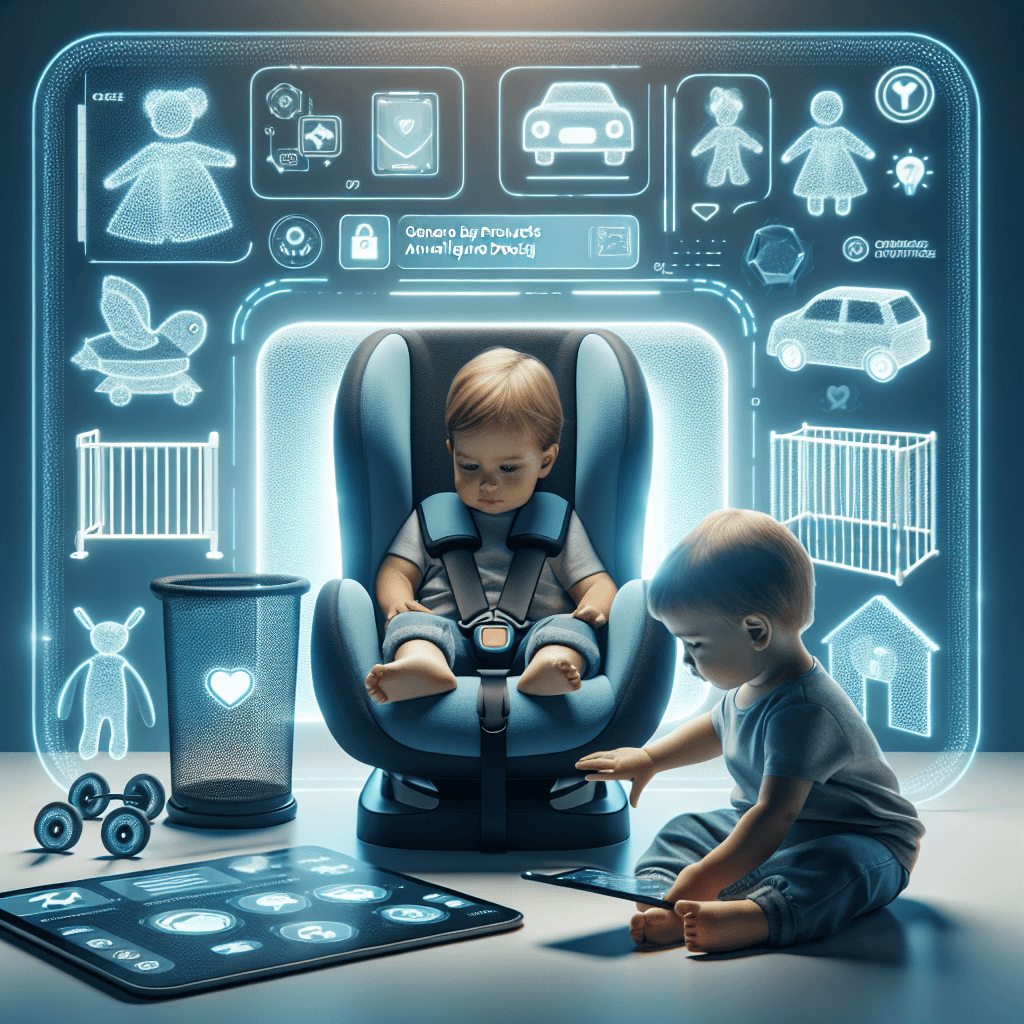Child Development: A Complete Guide to the Essential Stages
Introduction
The development of a child is a complex and fascinating process that begins from the moment of conception and continues until adulthood. This incredible journey is full of crucial milestones that contribute to a child's growth and learning. In this article, we'll explore these essential stages, providing parents and caregivers with valuable information to support and encourage the healthy development of their little ones.
Development of newborns and infants
The period that includes the first 12 months of life is full of significant changes for a child. At this stage, the focus is on sensory and physical development. Babies develop their sight, hearing and other senses as they begin to coordinate their movements. This is also the period when the emotional bond between the child and the parents begins to form, a crucial aspect for emotional and social development.
Toddler period (1-3 years)
Once the child has passed the age of one, he becomes a toddler, a period defined by exploration and discovery. Children develop their independence, begin to walk, talk and express their wants and needs. At this stage, it is important to provide the child with a safe environment in which to explore and to encourage his natural curiosity.
Preschool period (3-5 years)
Preschool is when the child develops social skills and begins to understand more complex concepts. Children learn to share, collaborate with others and begin to develop a sense of identity. Play is an essential part of this stage because through play, children develop their creativity and problem-solving skills.
School period (6-12 years)
At this age, the child enters the formal education system, which emphasizes intellectual development. The child learns to read, write and use logic to solve more complex problems. It is also an important time for developing relationships with colleagues and forming long-term friendships.
Adolescence (13-18 years)
Adolescence marks the transition from childhood to adulthood. It is a challenging stage as young people must manage their physical and emotional changes, develop a healthy self-image and begin to think about their future. Open communication and emotional support from parents are vital during this time.
Conclusion
Each stage in a child's development is unique and brings its own challenges and rewards. By understanding these essential stages, parents and caregivers are better equipped to provide the necessary support to ensure healthy physical, mental and emotional growth. In the end, the most important thing is that each child is loved, encouraged and supported throughout their journey to adulthood.














































































































































